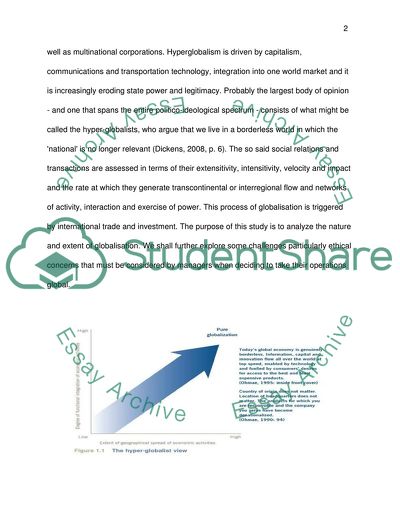Cite this document
(The Main Forces Causing Globalisation to Increase Case Study - 1, n.d.)
The Main Forces Causing Globalisation to Increase Case Study - 1. Retrieved from https://studentshare.org/macro-microeconomics/1729614-multinational-business
The Main Forces Causing Globalisation to Increase Case Study - 1. Retrieved from https://studentshare.org/macro-microeconomics/1729614-multinational-business
(The Main Forces Causing Globalisation to Increase Case Study - 1)
The Main Forces Causing Globalisation to Increase Case Study - 1. https://studentshare.org/macro-microeconomics/1729614-multinational-business.
The Main Forces Causing Globalisation to Increase Case Study - 1. https://studentshare.org/macro-microeconomics/1729614-multinational-business.
“The Main Forces Causing Globalisation to Increase Case Study - 1”, n.d. https://studentshare.org/macro-microeconomics/1729614-multinational-business.


